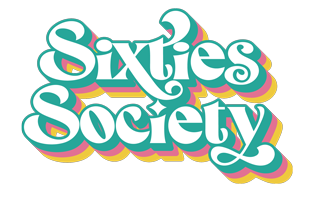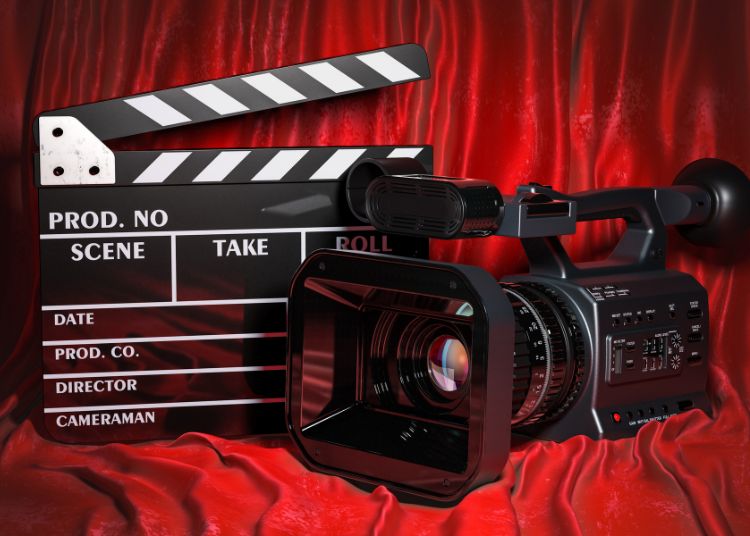The 1960s was a decade of rebellion, change, and innovation, and the world of cinema was no exception. From groundbreaking storytelling to memorable performances, the silver screen of the 60s gave birth to timeless classics that continue to captivate audiences today. Let’s take a nostalgic trip down memory lane as we revisit 10 famous movies from the 60s.
Psycho (1960)
Revolutionized the horror genre, introducing elements of psychological terror and suspense that continue to inspire filmmakers today. Directed by the master of suspense, Alfred Hitchcock, “Psycho” sent shockwaves through audiences with its chilling tale of a troubled motel owner named Norman Bates. Anthony Perkins’s portrayal of Bates remains one of the most iconic performances in cinematic history. Janet Leigh’s performance is etched into the collective consciousness of moviegoers, making “Psycho” a landmark in the horror genre
Breakfast at Tiffany’s (1961)
Do you remember dreaming of being as effortlessly elegant as Audrey Hepburn. The portrayal of the enigmatic Holly Golightly in “Breakfast at Tiffany’s” not only cemented her status as a style icon but also sparked conversations about female independence and identity. Her performance continues to enchant audiences with its charm and sophistication. Hepburn’s iconic little black dress and oversized sunglasses have become synonymous with timeless elegance. The film’s exploration of love, identity, and belonging in the bustling backdrop of New York City captured the hearts of viewers then and continues to do so today.
Lawrence of Arabia (1962)
Close your eyes and imagine the vast expanse of the Arabian desert. Directed by David Lean, “Lawrence of Arabia” is an epic masterpiece that transports viewers to the sweeping landscapes of the Arabian desert. Peter O’Toole’s mesmerizing performance as T.E. Lawrence is a tour de force of acting prowess. The film’s breathtaking cinematography and compelling narrative earned it widespread acclaim and seven Academy Awards, cementing its status as one of the greatest films ever made.
To Kill a Mockingbird (1962)
You’ll remember this movie if you’ve ever been moved by the power of empathy and justice. Based on Harper Lee’s Pulitzer Prize-winning novel, “To Kill a Mockingbird” remains a poignant exploration of racial injustice and moral integrity. Gregory Peck’s portrayal of Atticus Finch earned him an Academy Award for Best Actor. The film’s timeless themes of moral integrity and compassion resonate just as powerfully today as they did in the 60s.
A Hard Day’s Night (1964)
offers a lively and entertaining glimpse into the world of Beatlemania at the height of The Beatles’ fame. Directed by Richard Lester, this musical comedy follows the Fab Four as they navigate a day in the life of being international superstars. Packed with catchy tunes, witty humor, and charming performances, “A Hard Day’s Night” captures the youthful energy and cultural impact of the iconic band. It remains a beloved classic for fans of The Beatles and music lovers alike, showcasing the enduring popularity of the band’s music and cultural influence.
The Sound of Music (1965)
Julie Andrews dazzles audiences with her unforgettable performance as Maria, a spirited young nun-turned-governess in “The Sound of Music.” The movie became a cultural phenomenon, inspiring sing-along screenings and countless tributes. The uplifting tale of love, family, and resilience struck a chord with audiences worldwide. With its iconic musical numbers and picturesque alpine scenery, “The Sound of Music” remains a beloved classic for audiences of all ages.
Bonnie and Clyde (1967)
Do you remember the thrill of rebellion as you watched Warren Beatty and Faye Dunaway tear through the countryside? “Bonnie and Clyde” shattered conventions with its groundbreaking portrayal of the infamous Depression-era outlaws. Beatty and Dunaway sizzle onscreen as the titular duo, capturing the rebellious spirit of the 1960s counterculture. Directed by Arthur Penn, the film’s stylish direction and gritty realism paved the way for a new era of American cinema, earning it critical acclaim and a lasting legacy.
2001: A Space Odyssey (1968)
Were you mesmerized by the breathtaking visuals and philosophical depth of “2001: A Space Odyssey?” Stanley Kubrick’s visionary masterpiece, “2001: A Space Odyssey,” redefined the science fiction genre with its awe-inspiring visuals and philosophical depth. From the dawn of mankind to the far reaches of outer space, the film’s ambitious narrative explores themes of evolution, technology, and the search for meaning in the universe. With its groundbreaking special effects and haunting score, “2001” remains a seminal work of cinematic artistry.
Rosemary’s Baby (1968)
You’ll remember this movie if you’ve ever felt a creeping sense of dread while walking alone at night. Roman Polanski’s “Rosemary’s Baby” is a chilling tale of paranoia and supernatural horror set against the backdrop of 1960s New York City. Mia Farrow delivers a haunting performance as Rosemary Woodhouse, a young woman who becomes increasingly suspicious of her husband’s involvement in a sinister cult. The film’s atmospheric tension and psychological terror continue to unsettle audiences, cementing its status as a horror classic.
Easy Rider (1969)
Can you feel the wind in your hair as you join Dennis Hopper and Peter Fonda on their iconic road trip? Directed by and starring Dennis Hopper, “Easy Rider” captures the spirit of the 1960s counterculture with its road trip odyssey through America’s heartland. Hopper and Fonda play two bikers on a journey of self-discovery and rebellion against the establishment. Featuring an iconic soundtrack and groundbreaking cinematography, “Easy Rider” remains a symbol of freedom and nonconformity in the tumultuous landscape of the late 60s.
These iconic movies from the 1960s not only defined a generation but continue to resonate with audiences today. Whether it’s through timeless performances, groundbreaking storytelling, or cultural impact, these films have stood the test of time, earning their rightful place in cinematic history. So, grab some popcorn, dim the lights, and embark on a nostalgic journey through the golden age of cinema.







